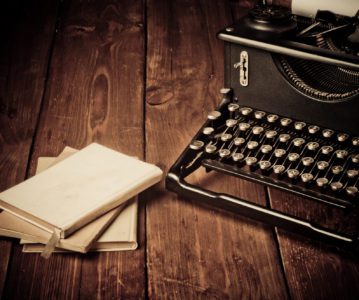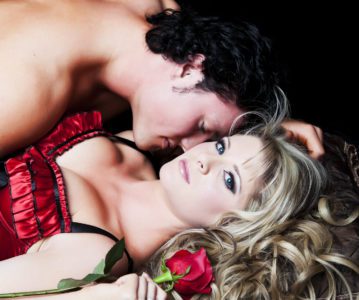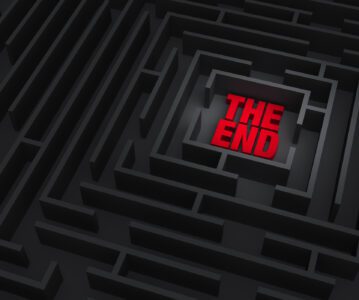 How to Avoid Cliched Phrases
How to Avoid Cliched Phrases
Cliches are sneaky little things. The commonness that makes them cliches also makes them hard to spot; we use them so often in our normal life, we write them without thinking. “It was raining cats and dogs.” “He was bored stiff.” “I’m down in the dumps.” They are all descriptive and everyone will know what you mean, but use them too often and readers will eventually be bored with your prose. I’d rather have someone hate my book than be bored by it. Here’s some simple methods to remove cliches from your writing. 1. Use strong words Cliche phrases are...










